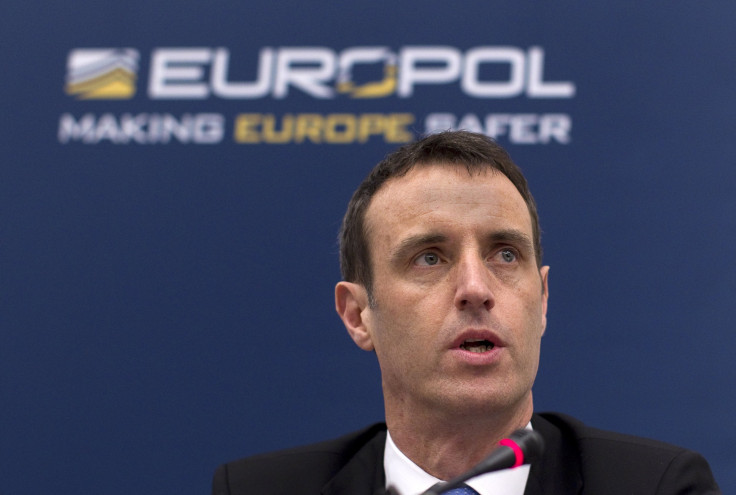Europe Faces 'Most Serious Terrorist Threat' Since 9/11 From Returning Jihadists: Europol Chief

Nearly 5,000 European Union nationals are believed to have joined the ranks of jihadists in the Middle East and could potentially return to carry out attacks similar to those seen in Paris last week, Rob Wainwright, director of Europol, EU’s law enforcement agency, said on Tuesday, according to media reports.
“We're dealing with a large body of mainly young men who have the potential to come back and have the potential or intent and capability to carry out attacks we have seen in Paris in the last week,” Wainwright reportedly told a British parliamentary committee on Tuesday, adding that the returning militants could pose “the most serious terrorist threat that Europe has faced since 9/11.”
European nations have beefed up security along their borders following last week’s attacks by gunmen on the offices of Charlie Hebdo and a kosher supermarket in Paris. Seventeen people were killed in the attacks after which France deployed 10,000 soldiers to protect sensitive targets across the nation, including synagogues and Jewish schools.
The two gunmen behind the Charlie Hebdo shooting, brothers Cherif and Said Kouachi, had claimed allegiance to al Qaeda in Yemen and are also believed to have traveled to the country for training in 2011, according to media reports.
“The problem we are dealing these days is not just about Syria and Iraq, it is about other terrorist networks around the world, in Africa, in the Arab peninsula for example, that have franchise movements of the al Qaeda brand,” Wainwright reportedly said.
Wainwright also said that European intelligence agencies lacked the “necessary capability to fully protect society from these kinds of threats,” adding that encrypted online communications, which were extensively used by militants, were outside the reach of law enforcement agencies, according to media reports.
Earlier, on Monday, British Prime Minister David Cameron had reportedly raised similar concerns and said that intelligence agencies needed greater access to encrypted communications data to prevent Paris-style attacks.
“Are we going to allow a means of communications which it simply isn’t possible to read? My answer to that question is no, we must not,” Cameron had reportedly said, reiterating his commitment to introduce a legislation granting security agencies greater access to emails and social media accounts.
© Copyright IBTimes 2025. All rights reserved.






















